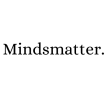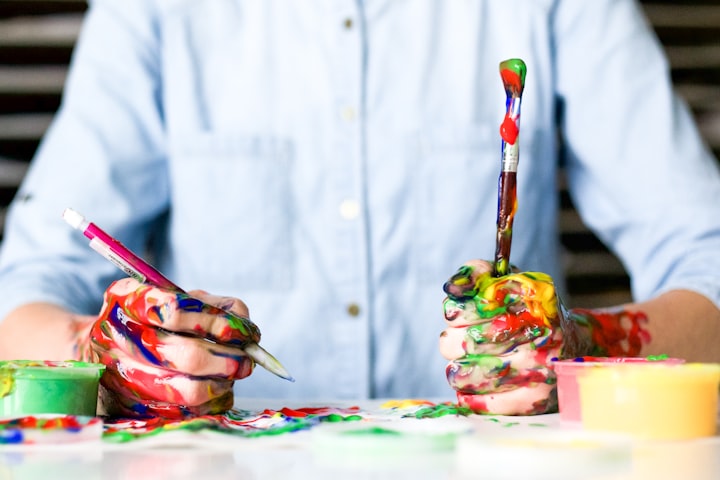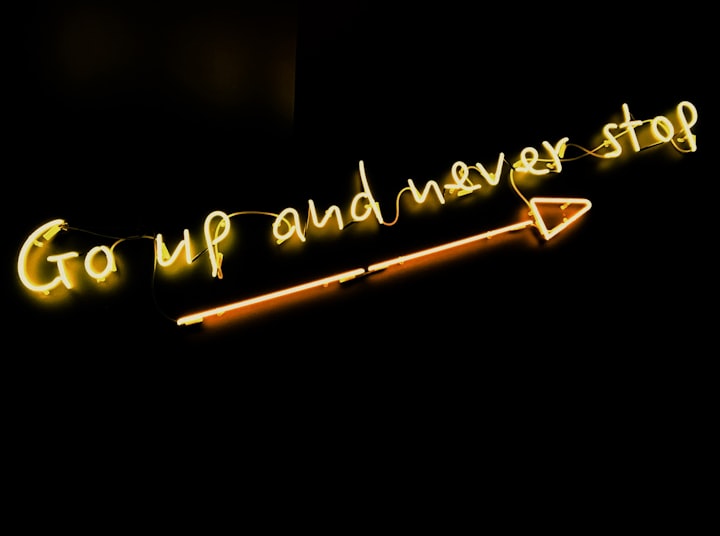Excuses Are Literally Killing You
Free yourself from excuses and start living fully

We have all been in a tricky situation where there is no way out and an excuse is a perfect way to emerge victorious from it. Are the excuses lies? They make us bad people? Are excuses the real reason you don't live fully?
Imagine this situation: a colleague invites you to dinner, telling you that he lived for several years in Spain and became a master at making paella (a dish with rice and seafood). He tells you about all the experiences he lived there and how he met several Valencian chefs who over the years gave him all the secrets to make a perfect paella worthy of Gordon Ramsey's palate. “You have to try it!” he tells you. Sadly you hate seafood, like, you can't stand it, and you know that no matter how good his cooking skills are, you're not going to like it. You can accept the invitation and risk hurting his feelings when he realizes that you didn't like his dinner, or you can tell him the truth, and risk him thinking you just don't want to try it. It seems like a lose-lose situation.
Or: you can tell him that you would LOVE to eat his sublime paella, but unfortunately, you are allergic to shellfish and just getting close to his plate could cause you an instant but painful death. Yay!
What just happened here? You lied to get out of an unpleasant situation, but you did it to protect someone else's feelings. You closed off the idea of experiencing something new, but maybe you saved a friendship in the process. Is making an excuse a way of being empathetic or a defense mechanism to isolate ourselves from the world?
Is there such a thing as good excuses and bad excuses?
Anthropological studies have shown that humans are social beings by nature. Many years ago, before civilization, as you know it today, we lived in groups, like herds. This way of living meant greater chances of survival, since this way it is easier to defend against predators, hunt, and obtain resources. Consequently, we develop as a survival instinct being socially accepted, since being rejected from the group meant death.
That's a very long and complicated way of explaining why I had to turn down dinner last Friday.
In a way, we can see excuses as a survival instinct. The truth is, no one likes to hurt the feelings of others, and although some find it much easier to decline invitations than others, the intention behind each excuse is always good.
If it weren’t for excuses, we would all be brutally honest, which some consider being a positive aspect, but honesty without empathy is simply mean.
However, excuses can become a problem. If you get to the point of making an excuse for everything, even for the most everyday proposals, like having a coffee after work, you will get so used to it that you stop considering it, you only automatically answer that you can’t because you are busy. When we begin to believe the excuses that we make ourselves, we are no longer protecting the feelings of others, we are enclosing our own in a reinforced steel security vault.
Excuses as a coping mechanism
The psychological origin of excuses comes from the natural need to be valued. We all need to feel that we are valuable, and we need to be told, it is normal even for an adult.
From a young age, these validation messages are very important, it is not a coincidence that our parents would squash and congratulate us when we were able to use a spoon. These positive reinforcements turn them into adults with (a little) more abilities to regulate their emotions since the lack of validation in childhood will not make them look for it in other places, sometimes not being the healthiest.
So maybe the reason you have such a hard time accepting invitations all the time is that you are looking for validation. Doesn't it make more sense to accept everything that is proposed to us to be validated? In essence, it seems so, but excuses are a way of hiding the true reasons why we lie. If every time your friends ask you out you told them "I'm sorry, I can't, it's just that I don't feel like it" they would surely stop inviting you, since they would think you don't like them, but no matter how many times we reject invitations, we don't want to stop being invited.
Overjustifying yourself is a sign of insecurity, which is normal, we are all insecure. You should keep in mind that you are not being judged all the time and that no one is watching your movements with a magnifying glass.
When you decline an invitation to yourself
What happens when the experiences we are rejecting don't come from the invitation of other people? If I make an excuse to myself for why I didn't start going to the gym this year, whose feelings am I protecting?
You can become dependent on excuses as you can be on any substance. I'm not going to tell you the clichéd advice to “get out of your comfort zone” because the truth is that this zone is great, it has my bed, my favorite tv show, and snacks, but I would advise you to expand your comfort zone.
You don't have to stop reading this right now and go bungee jumping off a bridge (finish reading first, please), we are not all born to be extreme athletes nor do we have to be. But you must realize when you give yourself permission to say “no” to everything. It's okay to avoid unpleasant situations, but the way to do it is not to avoid all situations in general.
“I was going to be a pro but I hurt my knee" or maybe you didn't try hard enough.
The best way to stop making excuses as a habit is to set yourself little challenges every day. Many people fail to change their lifestyle because they are forced to live very great experiences overnight and that leads them to re-cease to the zone of excuses. Start by accepting that coffee at the end of work with your colleagues.
Stop justifying yourself all the time, when you really can't accept an invitation a simple “I can't today, but see you next time” is enough.
Accept the fact that you cannot please everyone, work first for the image that you have of yourself before worrying about how others see you. Start saying "yes" to yourself and you will see how the experiences will come by themselves and you will not be afraid to accept them.
Allow yourself to make mistakes. We make excuses to ourselves because we are afraid of failure. When you accept that you will not be successful at everything the first time, you allow yourself to keep trying. The first key to achieving goals is consistency.
Accept the little challenges of the day-to-day, and leave excuses only for when they are very necessary.
Now, if you'll allow me, I have to go to dinner with a friend.
____________________________________________________
We made something a little great! The Anxiety Workbook, get yours by clicking here.
____________________________________________________
Want To Support Us?
You can like this story, tell a friend about it, buy us a coffee on Ko-fi, check us out on Medium, or all of the above! It all helps!
____________________________________________________
Want Even More?
Grab the latest updates from Mindsmatter. Exclusive stories, mental health resources, and more!
About the Creator
Mindsmatter.
Mindsmatter is written by Bola Kwame, Jack Graves and Emma Buryd.
De-stigmatizing mental illness one day at a time.
Our socials: https://linktr.ee/Mindsmatter






Comments
There are no comments for this story
Be the first to respond and start the conversation.